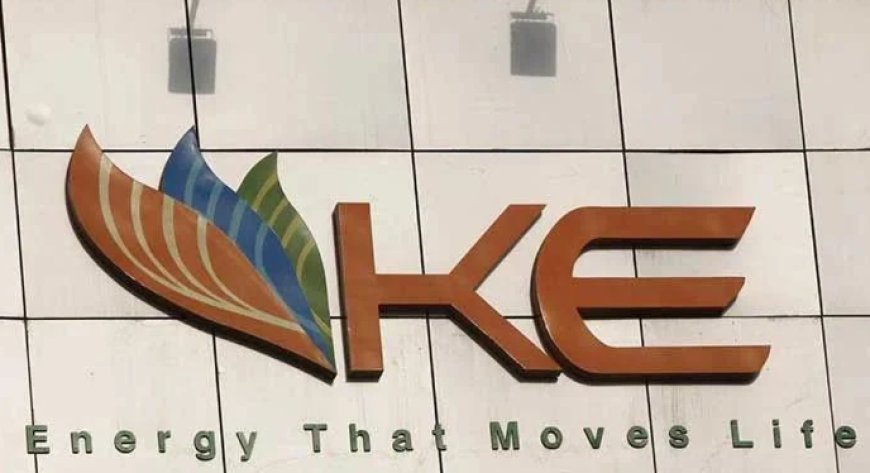SHC Halts K-Electric CEO’s Ouster Amid Harassment Case
Sindh High Court extends stay on K-Electric CEO Moonis Alvi’s removal until Sep 12, raising legal questions over harassment ruling and jurisdiction.

The Sindh High Court (SHC) has extended its stay order on the removal of Moonis Alvi, the Chief Executive Officer of K-Electric, until September 12. This allows Alvi to retain his position while the court continues to hear a petition challenging the jurisdiction and legality of the order that called for his dismissal.
The original removal order was issued by the Sindh Ombudsman for Protection Against Harassment of Women at the Workplace on July 31. In its decision, the Ombudsman declared that Moonis Alvi had been found guilty of workplace harassment following a complaint lodged by a female employee. The order directed that Alvi be removed from his position as CEO and also imposed a penalty of Rs 2.5 million. The order further warned that failure to pay the fine within the specified period could lead to the seizure of his personal assets, as well as the blocking of his national identity card and passport.
In response to this, Alvi filed a petition with the SHC, challenging the validity of the order. His legal team argued that the Sindh Ombudsman acted beyond its jurisdiction, as K-Electric operates across multiple provinces and is therefore not exclusively under the authority of the provincial ombudsman. The petition also raised concerns about procedural shortcomings, claiming that the right to a fair hearing and defense had not been properly afforded to Alvi.
On August 1, the SHC suspended the implementation of the Ombudsman’s order regarding Alvi’s removal, while still upholding the fine. The court instructed Alvi to deposit the Rs 2.5 million fine with the court registrar as a temporary measure while the case proceeds. The SHC also issued notices to the Ombudsman, the complainant, and the Sindh Advocate General, setting the stage for further legal arguments. The court expressed concern about whether the Ombudsman’s office had overstepped its legal authority and whether a matter of this nature should instead fall under federal jurisdiction.
During the August 8 hearing, the court decided to extend the stay order to give all parties additional time to file their written responses and allow the legal team representing Alvi to present more detailed arguments. The stay will remain in place until September 12, by which time the SHC is expected to review the legal questions surrounding the case more comprehensively.
Legal observers believe that jurisdiction will likely be the central issue as the case unfolds. K-Electric, being a large utility service provider with national scope, may fall under the purview of the Federal Ombudsman or other central regulatory bodies. The court may also evaluate whether the procedures followed by the Ombudsman met the legal standards required under the Protection Against Harassment of Women at the Workplace Act.
K-Electric has so far not made any official statements regarding the allegations or the court proceedings, but internal sources suggest that the company is continuing operations as usual under Alvi’s leadership. The case, however, has generated significant media attention due to the seniority of the executive involved and the nature of the charges.
The initial complaint alleged inappropriate conduct by Alvi and was investigated by the provincial Ombudsman, who concluded that the CEO’s actions amounted to professional misconduct and harassment. Along with the order for his removal, the Ombudsman included directives aimed at ensuring the complainant’s safety and discouraging any attempts to influence the ongoing legal process.
As the matter now rests with the Sindh High Court, stakeholders await its judgment on whether the Ombudsman had the authority to issue such a ruling against a corporate leader of a national utility. The court's eventual decision could set a precedent for how similar cases are handled in the future, especially concerning jurisdictional overlap between provincial and federal authorities.
With the stay order in place until September 12, all eyes remain on the SHC as it considers the complex legal and procedural questions surrounding the high-profile case.
Learn more by clicking here.

 Israr Ahmed
Israr Ahmed